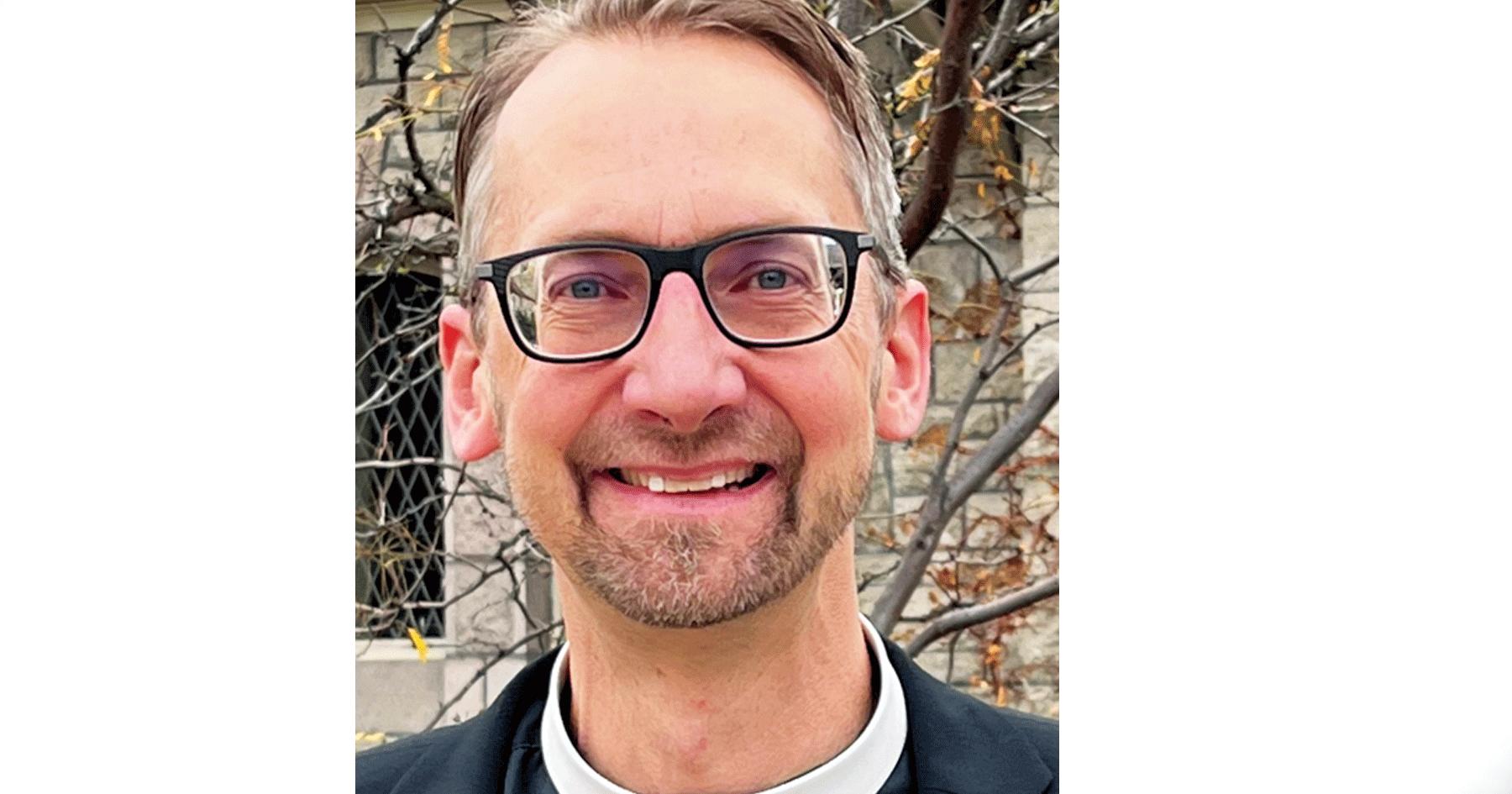We have been hearing the word ‘existential’ quite a bit lately. Primarily, this is used as an adjective, describing something that is simply “related to existence.” Climate change, for example, is an “existential threat” to life as we know it. It will inevitably and inexorably reshape our existence. We do and will yet have some collective input into the course that will take, but as we have become increasingly and collectively aware of this reality and the role human activity has played in it. It is a reality that confronts us at an existential level and must be reckoned with.
In the Diocese of Kootenay, we have been engaged in some existential reflection by way of the Structures Working Group arising from Synod 2021 aiming to examine diocesan structures in relation to the mission of the church (and churches) as a whole. This work tries to take account of some of the many factors affecting us, and to ask how we might respond in the midst of the various shifts that belong to our time and place. Some of those are well beyond our control; others within it – and still others are rightly situated with the Spirit of God which blows where it wills (John 3:8).
In our recent Town Halls, many of you offered your reflection from a stance of care and concern for what amounts to our ‘existential realities.’ To live into and embrace these with Faith, Hope, and Love requires, among other things, patience and grace, courage and wisdom.
The biblical tradition of wisdom writings include quite a range of literature, written from various times and situations: from stable and prosperous times (Proverbs), to unstable and uncertain times (Ecclesiastes).
The Book of Ecclesiastes has long been a favourite of mine, though I admit it can be a bit bleak! I have, nonetheless, found it helpful in times of uncertainty, because it contemplates reality in an unvarnished way, without offering easy answers, and yet also looking to the wisdom of God in the midst of it all.
You will no doubt find the phrase “there is a season for everything under heaven” from chapter 3 to be a familiar refrain – whether that is because of The Byrd’s song “Turn! Turn! Turn!” or because of the regular reading of this passage during funeral services!
In what might be called an ‘existential commentary’ on this book of wisdom, the social theorist and Christian thinker Jacques Ellul summarizes the stance of the author in a brief note: “In reality, all is vanity. In truth, everything is a gift of God.” (Reason for Being: A Meditation on Ecclesiastes [1987; reprinted. Wipf & Stock 2021], 31).
The Hebrew word translated ‘vanity’ – hebel – may also be translated ‘breath’ or ‘mist’. Mist and breath are good, but they are also fragile, and they may disappear.
“Hebel,” it turns out, also translates to the proper name Abel. Abel was good, but disappeared as mist when he was killed by his brother Cain.
Cain appears too, albeit subtly, in Ecclesiastes, in the verb “qanah” in chapter 2 verse 7. That verb means to get, acquire, buy, possess, and to make.
In the wisdom of Ecclesiastes, these two words signal an existential friction. All of us participate in both of these realities: we are both active in acquisition, in ‘making’, and at the same time we are fragile as ‘mist’. And so we are drawn into the wisdom of existence, and how we will make our way in the world. Through scripture, our existence is pointed to God in both our ‘mists’ and our ‘making’.
Ellul comments that to begin with the Mystery of God, everything may be seen as gift, and so we may find the courage to walk a path marked by wisdom. Ellul suggests ‘facing reality’, “prevents truth from being an escape into the clouds or into dreams,” while attending to truth, “prevents reality from turning into despair.” (31)
It is Lent. We are invited to “keep a holy Lent” by reflecting on and attending to our realities, both personal and collective, and to do so truly, illumined by the light of God, whose Spirit blows where it wills, but always for the sake of a Faith, Hope, and Love that marks our existence, always and evermore. Amen.


